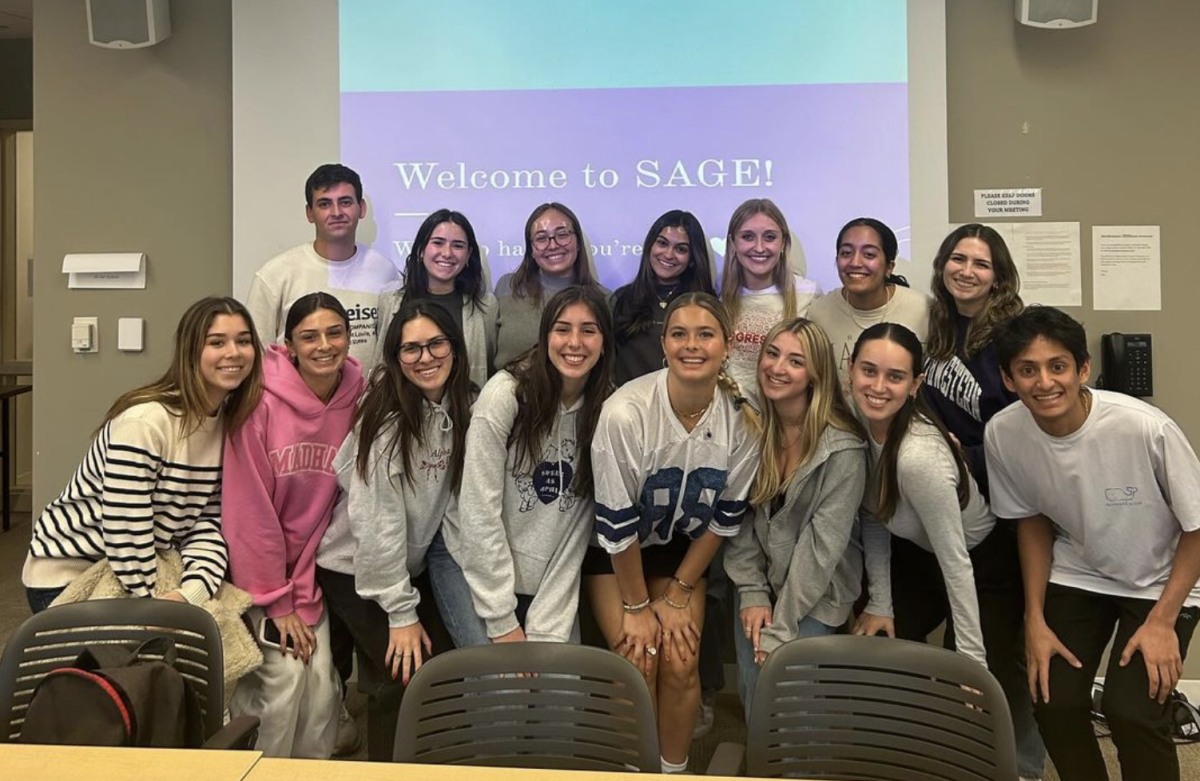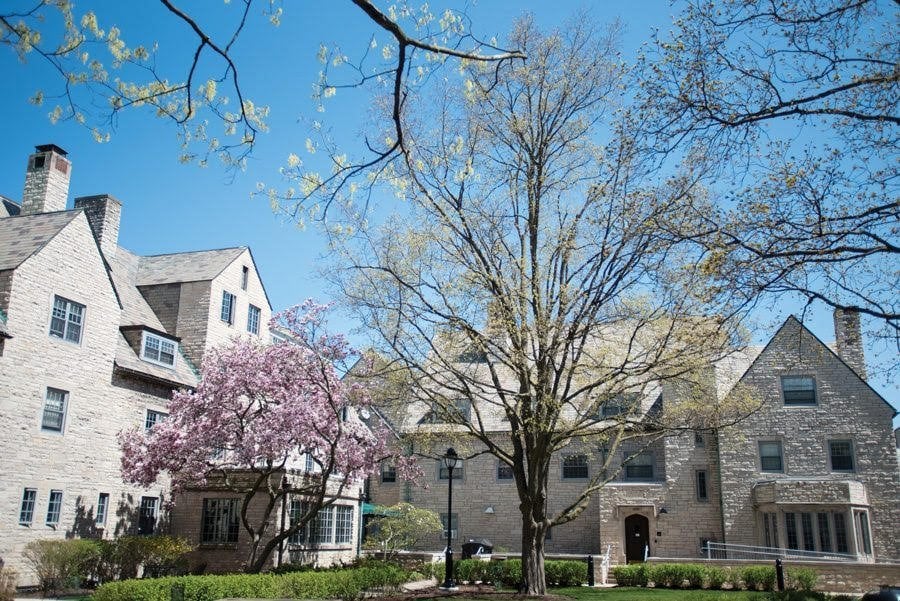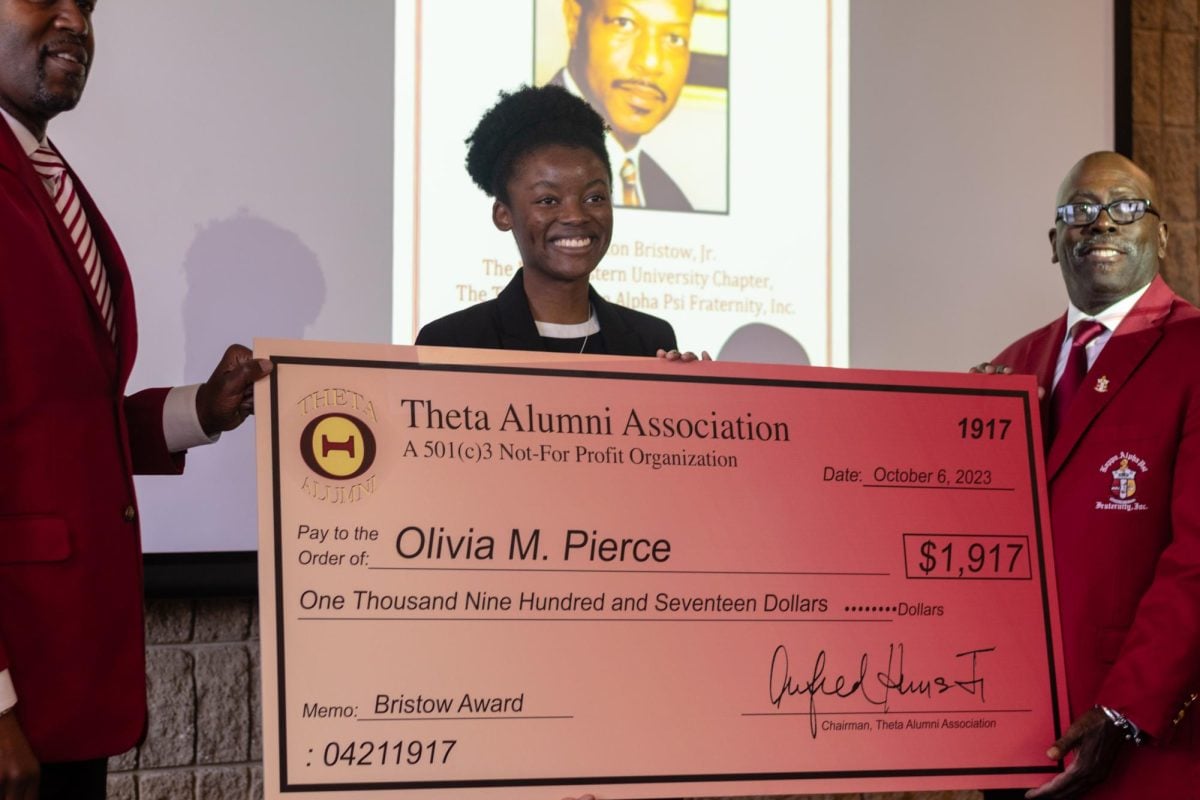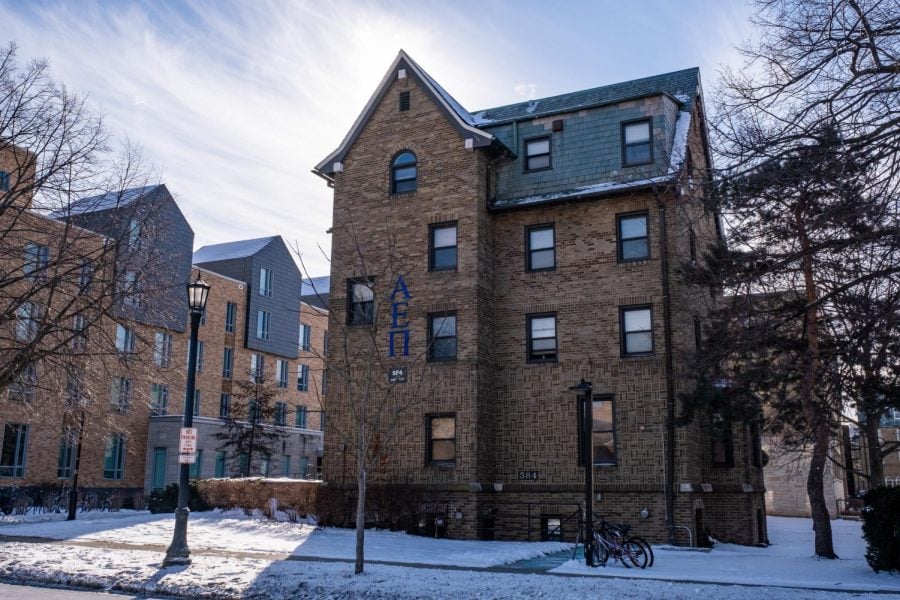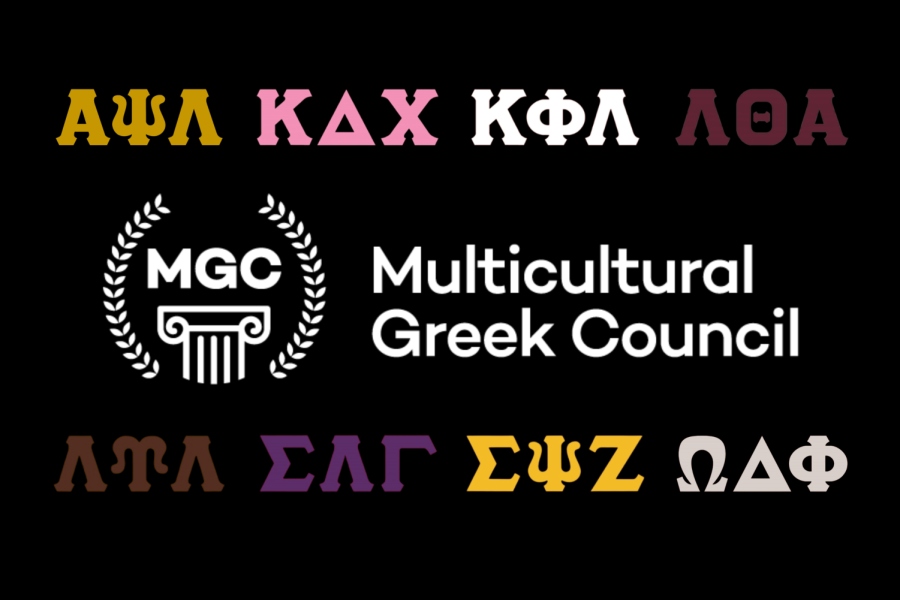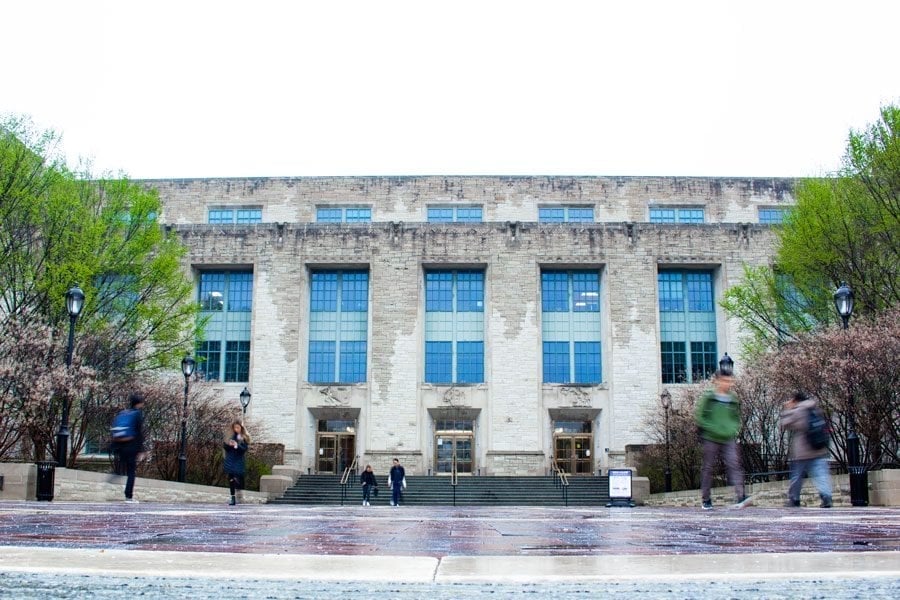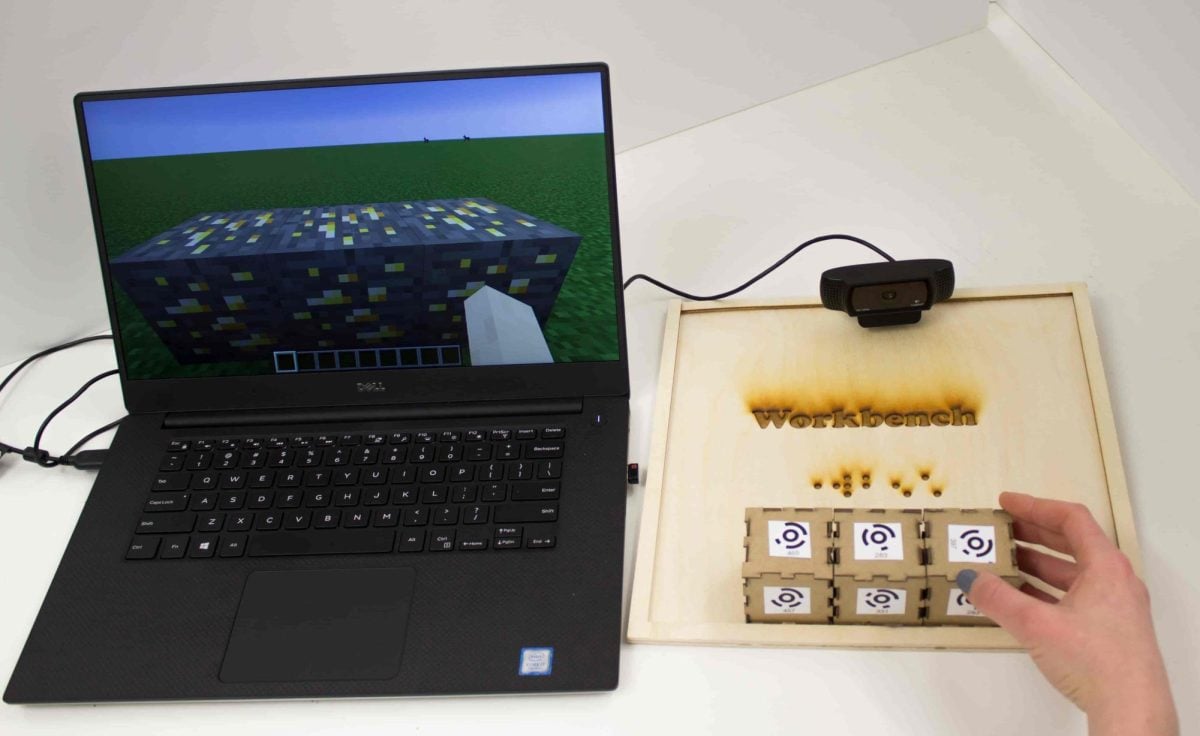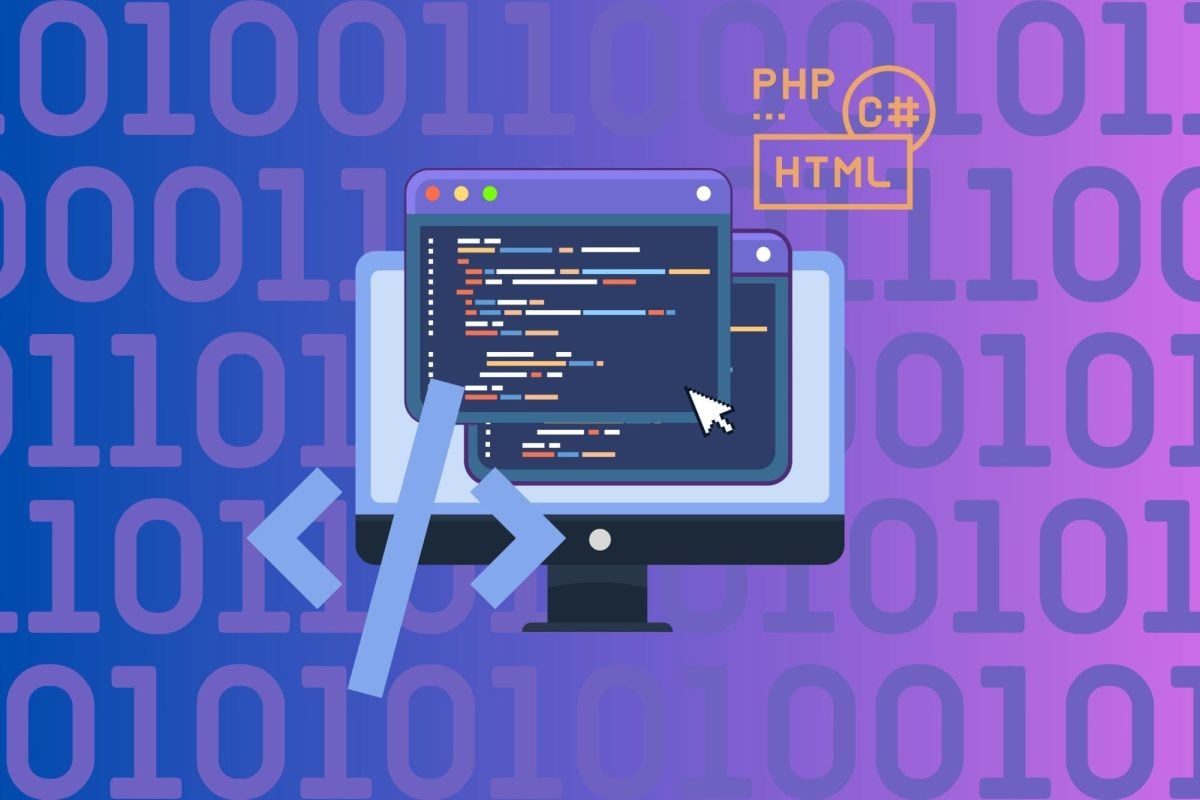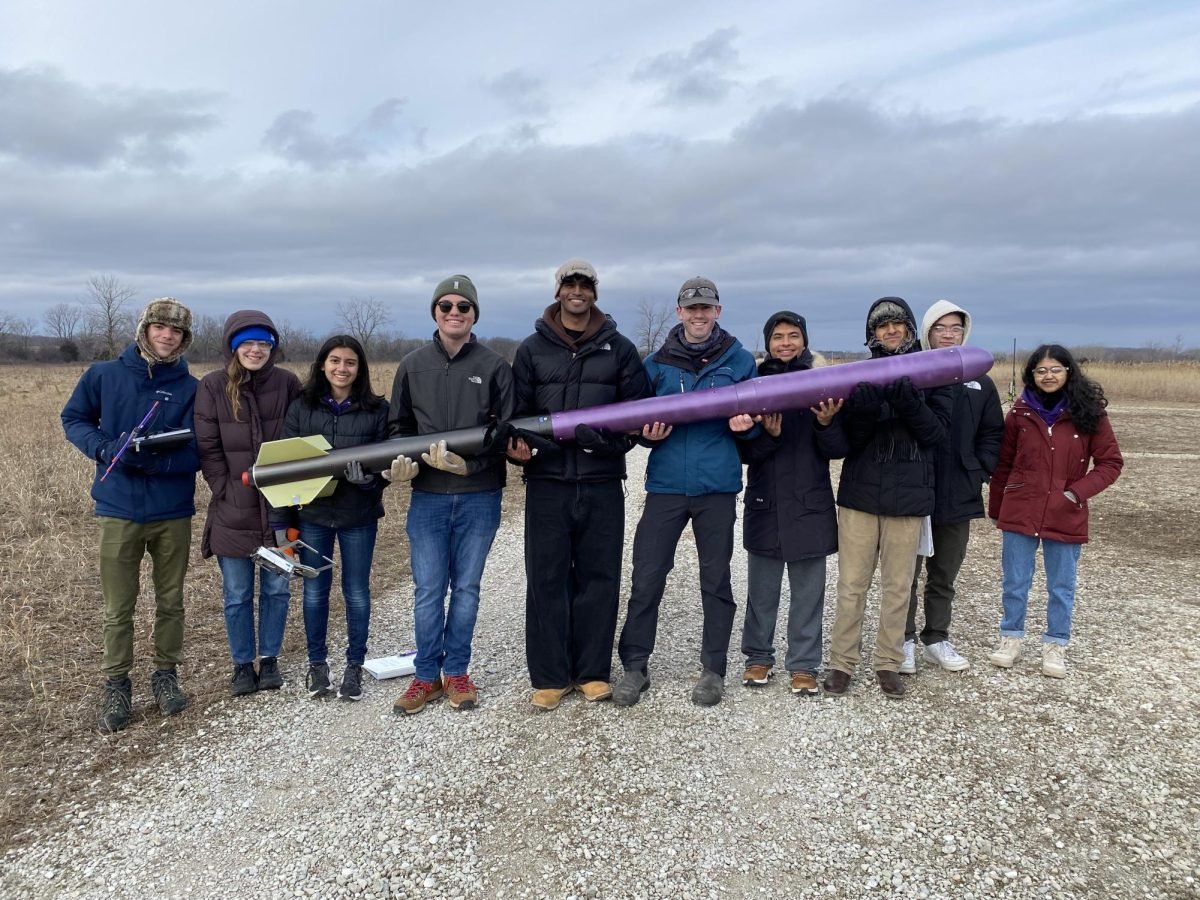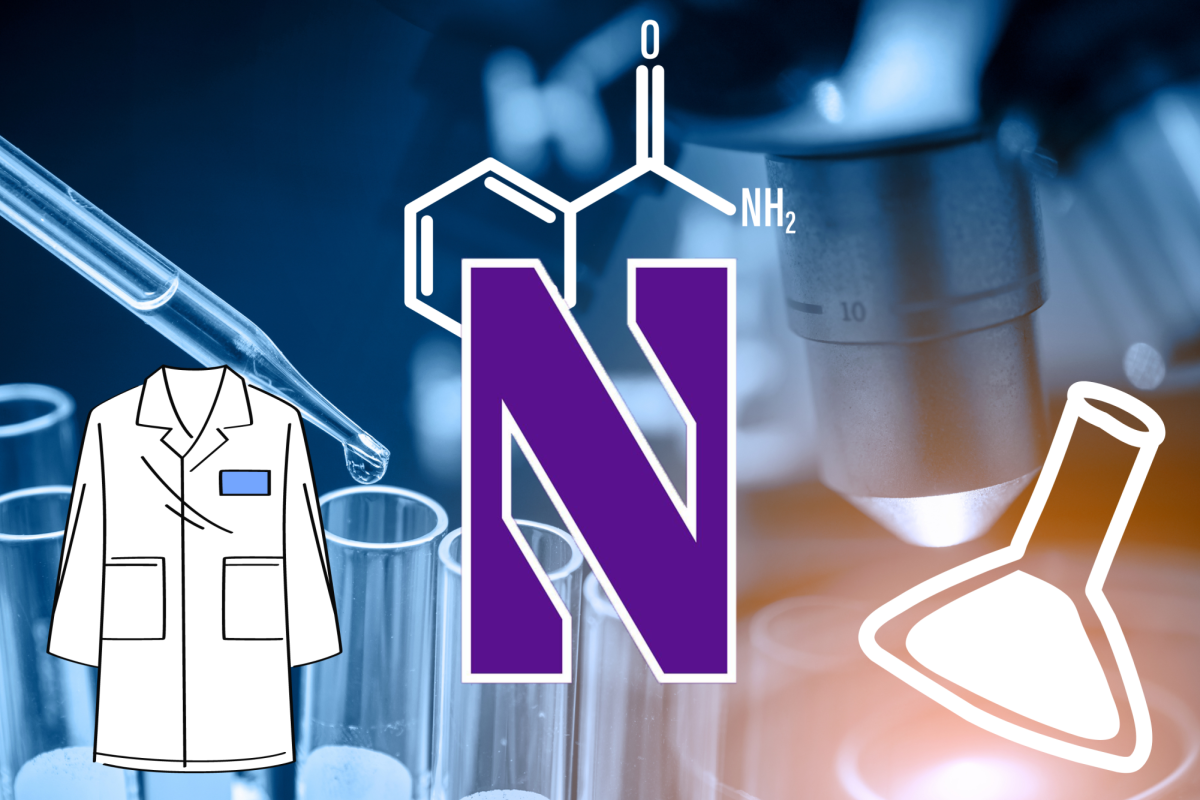Six Northwestern students participated in an international biological engineering competition last weekend after earning top awards at the regional level in October.
The NU team competed in iGem, the Internationally Genetically Engineered Machine Competition, at the Massachusetts Institution of Technology from Nov. 5 to Nov. 7. The members presented an engineered E. coli cell that detects the common hospital infection, Pseudomonas aeruginosa.
iGEM is a national organization that helps undergraduate students construct projects to aid the biology industry, according to the iGEM website. Its goal is to encourage students to get involved in bioengineering. NU has sent a team to the world competition ever since its creation last year.
“Our team’s goal was to make a E.coli cell that could detect Pseudomonas aeruginosa, an opportunistic hospital infection,” said McCormick assistant prof. Keith Tyo, an iGEM advisor. “We were successful.”
Of the 1.7 million hospital infection each year, about 100,000 are Pseudomonas aeruginosa, Tyo said.
To detect the infection, the iGEM team members inserted a gene into the E. coli plasmid, a part of the cell that holds DNA, Tyo said. They then swabbed hospital surfaces and human mouths for cells and inserted them into the test tube containing the engineered E. coli cell. Within two hours, the test tube solution turns green if Pseudomonas aeruginosa is present in the cells.
“It’s about as easy to use as a pregnancy test,” Tyo said.
Tyo said the E. coli cells can be manufactured for hospitals at costs lower than those of existing methods.
Prospective iGEM teammates met in January to discuss potential project ideas before officially applying to be a part of the team, said McCormick prof. Joshua Leonard, an iGEM advisor. Returning iGEM members and iGEM advisors picked the team members at the end of last winter.
“This really is an entirely student-run project,” Leonard said. “It’s a pretty unique experience, and we try to get as many people as possible involved.”
NU iGEM won a gold medal award at the first ever regional competition in October, qualifying the team for the world competition. The Indianapolis regional included iGEM students from both South and North America.
“We were blown away at how well we did at regionals,” McCormick junior and iGEM participant Michael Sherer said. “We had a lot of fun, too.”
iGEM projects are judged on how successfully they function, Sherer said. The judges also emphasize projects’ creativity and potential impact on society.
The iGEM team used a NU biology laboratory under the supervision of iGEM advisor and biology instructor John Mordacq. NU iGEM received funding for this project from the McCormick-affiliated Walter P. Murphy Society, the University provost and the McCormick School of Engineering.
Next year, Sherer said he and his teammates hope they will receive more funding once more people get involved. Sherer said it is rare that undergraduate students can choose research projects and that he hopes this year’s project can be published in The Journal of Biological Engineering.
Tyo also encourages students to join next year’s team and bring fresh ideas to the project.
“The newest researchers can often make the best contributions,” Tyo said. “They don’t think about what is not possible, but they think about what is possible.”
Kaitlyn Jakola contributed reporting.

